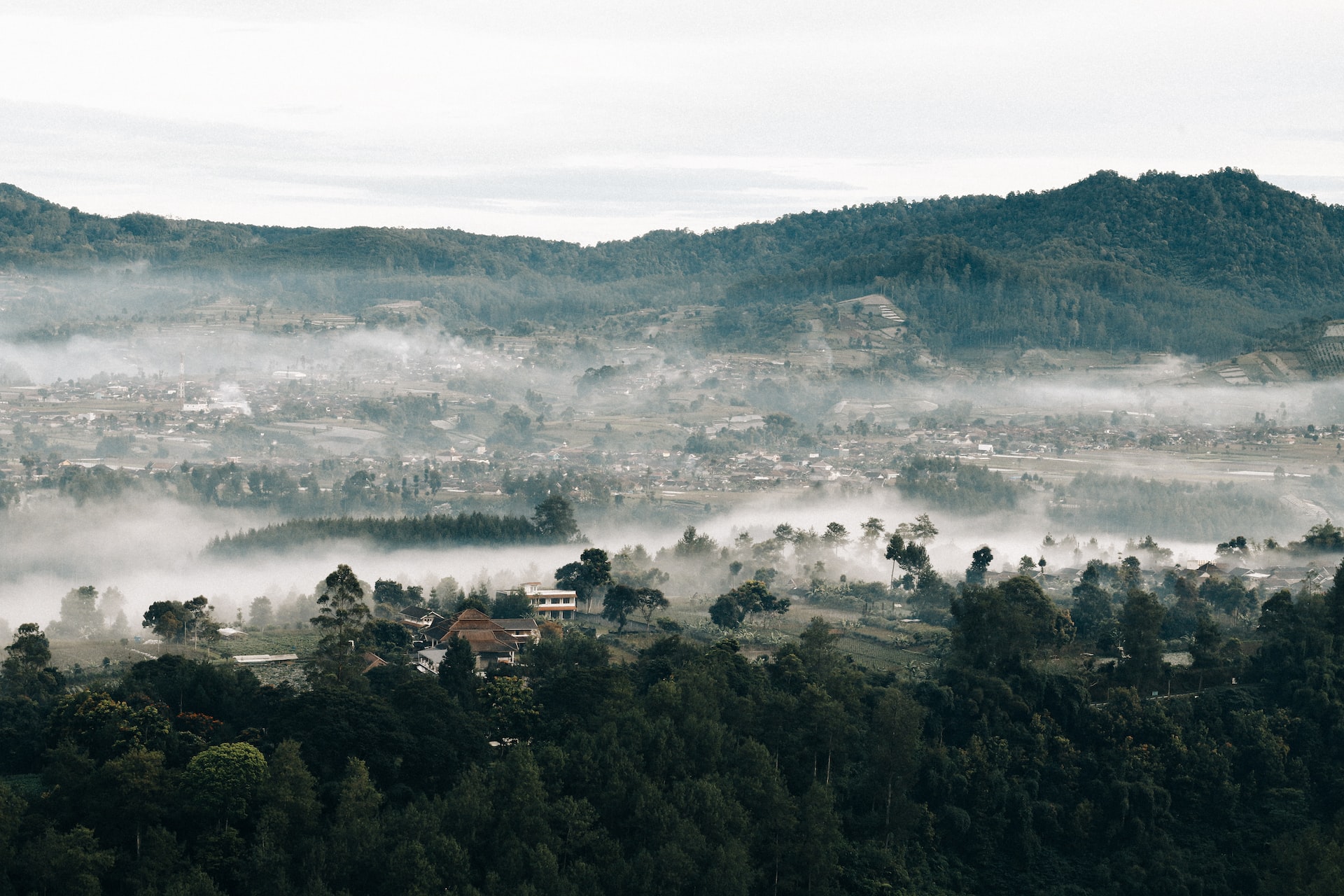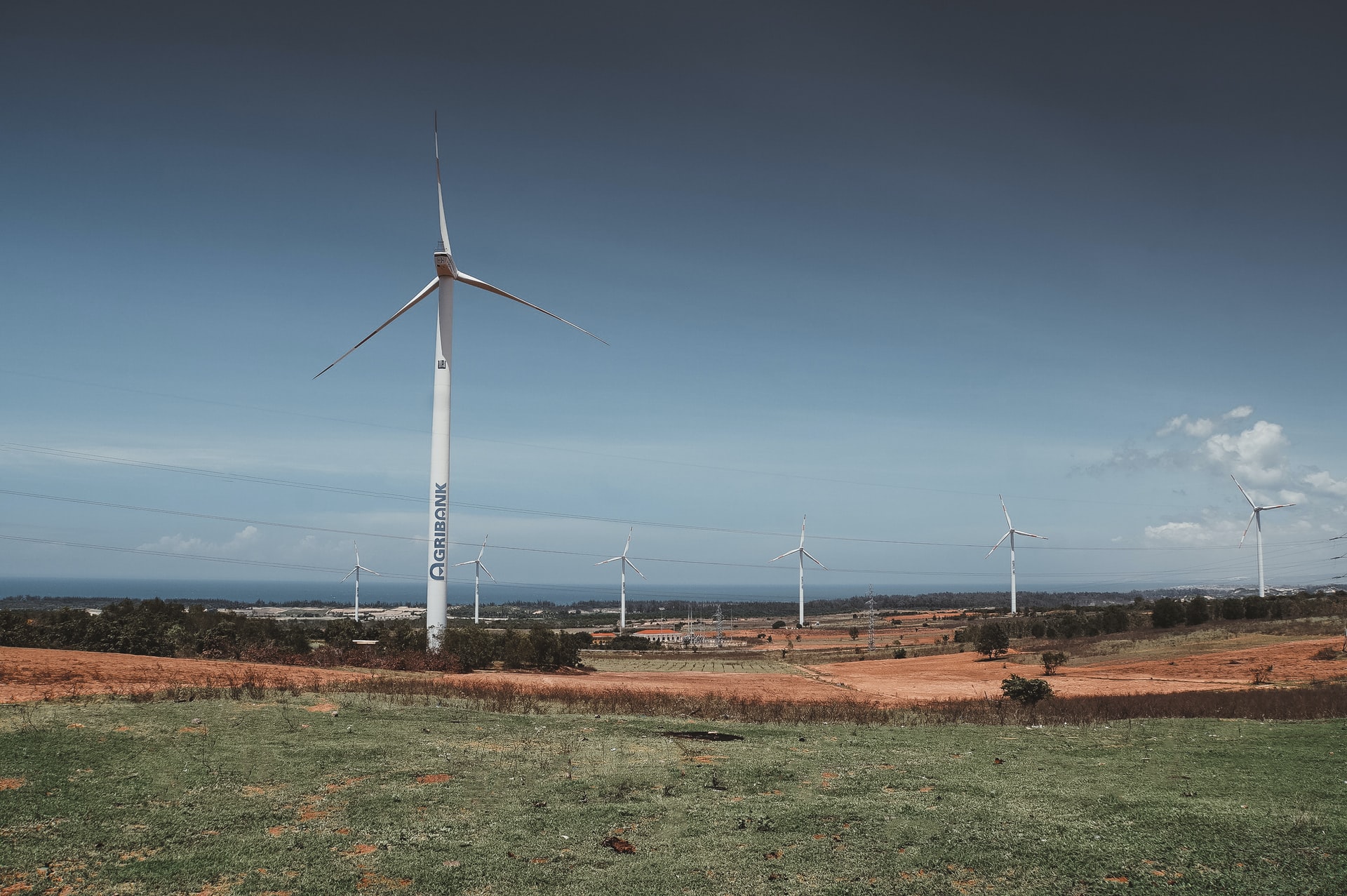G20 Success for Indonesia
The 17th annual summit of the G20 leaders in Indonesia was held between 15 and 16 November 2022. This was the first time that the leaders of G20 met since the pandemic wreaked havoc on the global economy and also since Russia began its war on Ukraine.
Indonesia’s rise to the presidency of the G20 was a clear indication of the country’s remarkable transformation, considering it’s one of the world’s fastest-growing economies and also the third largest democracy.
Indonesia is home to more than 280 million people, which is equivalent to 3.51% of the global population. The country’s economy has steadily risen from US$755 billion in 2010 to US$1.19 trillion in 2021. Between 2020 to 2021, amid the severity of the global pandemic, the country’s GDP grew by 3.7%.
On the diplomatic front, Indonesia has also assumed a middle power position by mediating regional conflicts and building a multilateral security architecture to check China’s territorial ambitions in Southeast Asia.
Indonesia is also a global player when it comes to some of the unicorns and decacorns it has produced. The country is home to unicorns such as Tokopedia, Bukalapak, OVO and Traveloka. Meanwhile, the country also has decacorns that are valued at more than US$20 billion, like Gojek and J&T Express.
On the climate front, Indonesia’s government is not leaving any stones unturned and has pledged to reach net zero emissions by 2060. A major part of this plan is to retire and repurpose existing coal plants with solar energy and battery storage. The Climate Investment Funds has approved Indonesia’s US$500 million investment plan to unlock private and public investments to rid the economy of coal. Additionally, the EU and several G20 leaders have also pledged US$20 billion to help Indonesia phase out coal. About this, French President Emmanuel Macron said, “This is the first time that the G20 has taken such a clear position on the exit from coal.”
Indonesia a Key Global Player
Amid the Russia-Ukraine war and the global media’s outlook on which side will Indonesia take, the country chose the middle ground, acting as a peacemaker. On the one hand where global western leaders were calling for the removal of Russia’s membership from the G20 and withdrawing Russian President Vladimir Putin’s invitation to this year’s G20 summit, Indonesian President Joko Widodo said, “The rivalry of the big countries is indeed worrying. What we want is for this region to be stable, peaceful, so that we can build economic growth.”
And he was also the first Asian leader to travel to Kyiv and Moscow to meet both its leaders, urging a ceasefire, securing a grain corridor from Ukraine, and resuming fertilizer exports from Russia.
Jokowi’s leadership can also be seen playing out very well in the way it managed China’s intrusion off the waters of Natuna Islands in late 2019. The Indonesian president was quick to deploy fighter jets and navy in the area and visited the site personally to remind China it will not back down from its provoking tactics. Indonesia in the process has not only got investment from China, but also Japan and the US to help its country develop. Jakarta was able to secure extremely favorable terms from China under its Belt and Road Initiative and has also received big-ticket infrastructure investments from both China and Japan.
Leading by Example
Indonesia has the potential to become a global player in the fight against climate change. The country is home to Asia’s largest tropical forest. It is a rich source of biodiversity and livelihoods for countless of indigenous people that call it home. The forests play a vital role in acting as carbon sinks.
Under Indonesia’s FOLU Net Sink 2030 goal, the country has an ambitious goal to transform Indonesia’s forests into a major carbon sink by 2030, absorbing 140 million metric tons more CO2 than they emit into the atmosphere. Norway has agreed to pay Indonesia US$56 million in a climate agreement between the two countries, helping Indonesia reduce carbon dioxide emissions by preserving its vast tropical rainforests.
“This new partnership is an equal partnership based on our mutual ambition and respect, and we hope that together we can also give a beacon of hope to the rest of the world and a good example of international cooperation leading to the climate summit COP27 that will take place in Egypt [in November],” Rut Krüger Giverin, Ambassador of Norway to Indonesia, said during a press conference after the signing of the contribution agreement.
Photo Caption: Bandung, Indonesia.




